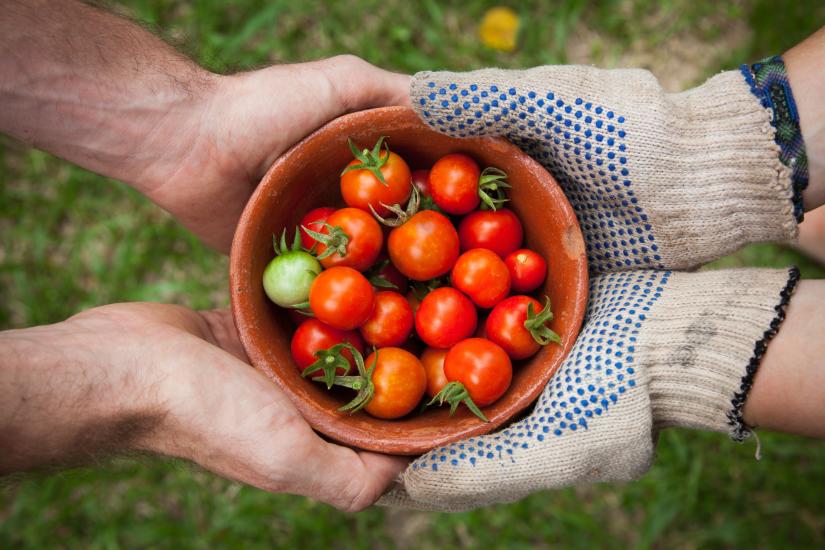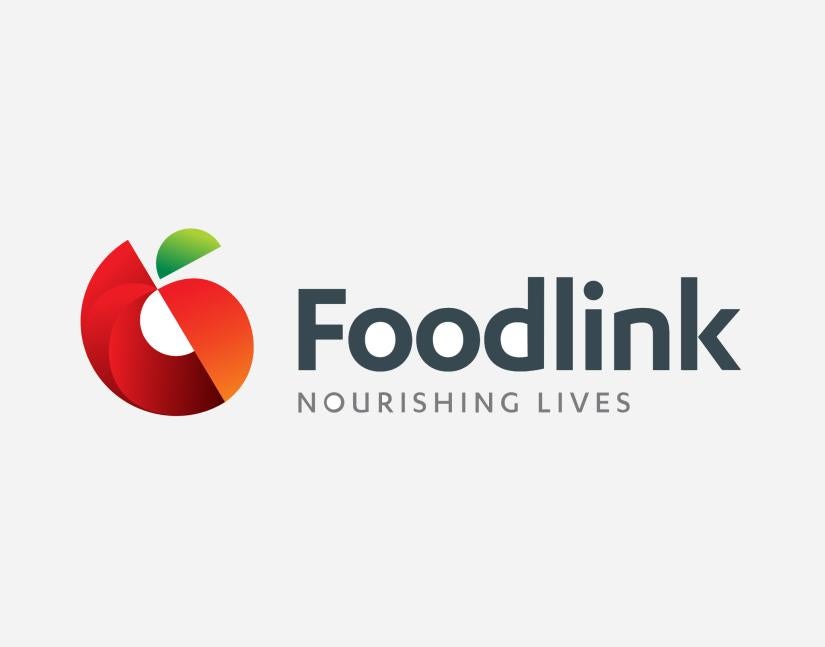CSB Blog
Produce Prescriptions: Exploring How Private Insurers Can Promote Effective Health Care
—
Author: Zoe Singh

As part of our work on FoodMap NY, the Invest NYC SDG team is working to develop pilot projects in a range of sectors across New York State to address food insecurity. One of the areas we hope to explore further is food as medicine, a movement seeking to address food insecurity and diet-related health conditions for Americans nationwide by connecting patients to healthy food and nutritional supports by way of a referral or "prescription" from a healthcare provider. To do so, Invest NYC SDG has partnered with DAISA Enterprises to create a pilot study to make a business case for private health insurers to cover food as medicine programming.
With growing awareness of the importance of whole foods and vegetables to a healthy diet, and a parallel emphasis on physical and mental wellness, why not try and merge the two? FoodMap NY's Food as Medicine project aims to do just that.
The FoodMap NY team has partnered with DAISA Enterprises, equity-focused consultants working at the intersection of food, culture, and health, on this project. DAISA is conducting outreach to support the design of a produce prescription program funded by a private insurer. Produce prescription programs are medical or preventative treatment plans for people experiencing challenges accessing nutritious foods - including diet-related health conditions or food insecurity - and who are referred by a healthcare provider.
DAISA's planning process involves identifying private insurers who can be leveraged as funding for a produce prescription pilot operated in partnership with a community based organization with experience running similar food as medicine programs. I had the opportunity to chat with Gustavo Mamao, Impact Investing Director at DAISA and consultant on the Food as Medicine project. He stated that the project's core aim is to provide those dealing with food insecurity greater access to fresh fruits and vegetables.

It has been estimated that food insecure U.S. adults spend an extra $1,800 per year in healthcare expenditures compared to those who are food secure.
To begin, Gustavo and the DAISA team made sure to look at precedent for existing initiatives working to address food insecurity. They found models ranging from preventative, federally funded programs such as SNAP and WIC, to medically tailored food as medicine programs. While there are many existing food as medicine programs, they are often dependent on grant funding or are offered only through Medicaid. Private funding would help to expand the reach of food as medicine programs as well as make them more sustainable in the long run.
Gustavo them walked me through the next steps of the project: outlining the methodologies behind existing produce prescription programs in order to identify best practices. The team accomplished this through conducting multiple interviews to get broader perspectives - speaking with community based organizations and food hubs already involved in running prescription programs in New York State (NYS), healthcare companies such as private insurers and hospitals, and other influential stakeholders pushing for the integration of perspectives on food and health.
While these interviews were intended to help the team gain a wider perspective on the current NYS healthcare landscape, they were also helpful in identifying potential project partners. Regarding a private insurer partner, Gustavo mentioned that the team is looking for providers who are aligned with the overall goals of the Food as Medicine project - who hold an understanding of the importance addressing food insecurity and diet-related chronic disease, are interested in being involved in the design of a pilot program, and overall aligned with FoodMap NY's broader mission of attracting private sector investment to address food insecurity.
At this stage, the team still has multiple questions to consider - which healthcare partner aligns best with these goals? How to locate an appropriate CBO that can most successfully support a pilot? Regarding the project structure and ongoing evaluation, the team is still working to determine how to best provide support to both populations suffering from medical conditions as well as those experiencing food insecurity.
"We have found experienced CBOs that could be part of an intervention. Who are experienced enough and could play a key role in closing gaps in those interventions, provide educational support, and promote more engagement," Gustavo tells me. One of these potential CBOs is Foodlink, a regional food hub and food bank in Rochester, NY. The team is looking to identify a target population of municipal employees, as this type of employer tends to have less turnover and will thus be able to provide a stable cohort of participants for follow-up over time. This seems to be the case in Rochester: the team is now engaging in more conversation with the City of Rochester in order to clarify the opportunity.

A challenge the team has faced is that most CBOs grapple with issues of scalability. As Gustavo notes, "scaleability and geographical reach can be at odds with high-touch and localized interventions for some CBO models." Because most CBOs only have capacity to support the needs of their surrounding communities, it could be difficult to effectively achieve a larger reach. Looking ahead, the team aims to explore technological solutions, opening up the possibility of utilizing tech-enabled efficiencies to help with the development of project operations. Possible technology they are exploring would help ease data flow and collection, such as tracking how many people are actually redeeming food vouchers they receive.
In the end, the project planning process has emphasized that there are still multiple inefficiencies within New York State's food and healthcare systems. While existing CBO-led food as medicine efforts have made strides in addressing food insecurity, there are additional opportunities to provide support via the private sector. Through continuing to explore partnerships with private insurers and CBOs like Foodlink, the Food as Medicine team seeks to innovate in the produce prescription program space. Their initiative goes beyond aiming to deliver fresh fruits and vegetables to those experiencing food insecurity and/or chronic medical issues, seeking to bring scalable and sustainable solutions to the wider healthcare system.
Zoe Singh is an undergraduate student at NYU Stern concentrating in Sustainability and Finance, and pursuing minors in Public Policy and Creative Writing.
